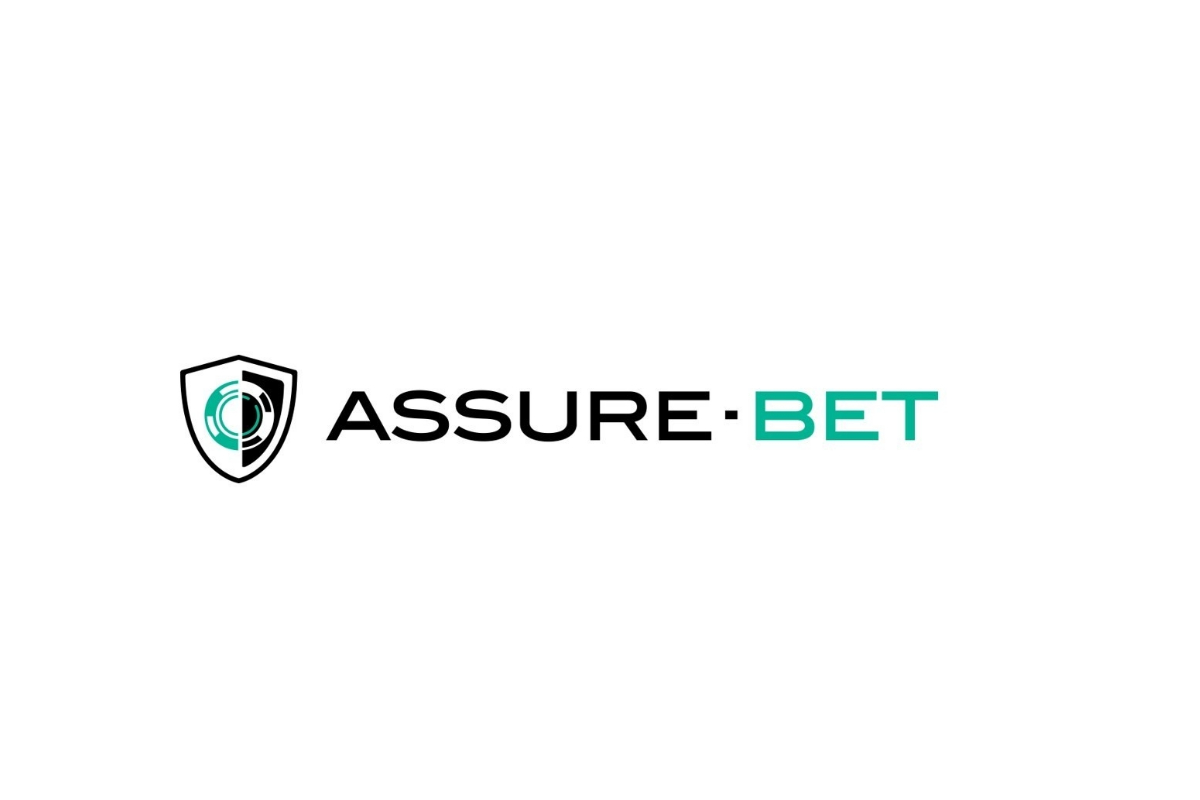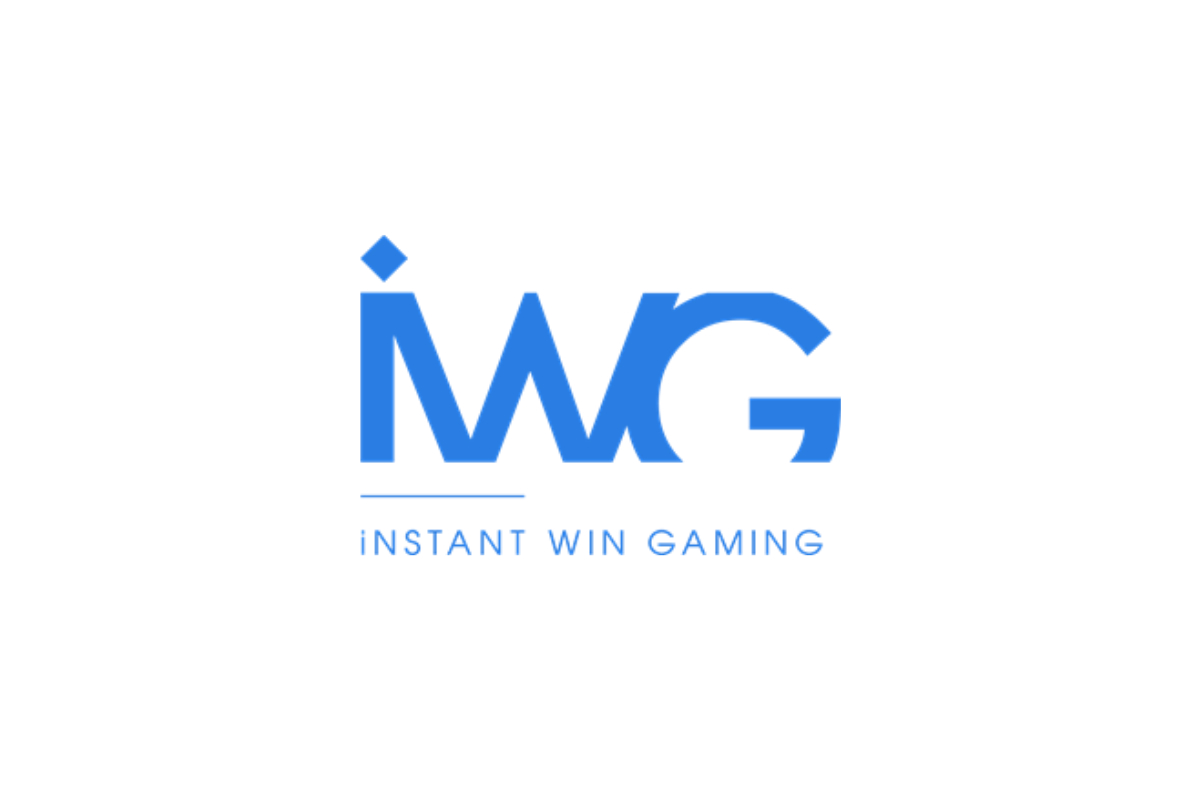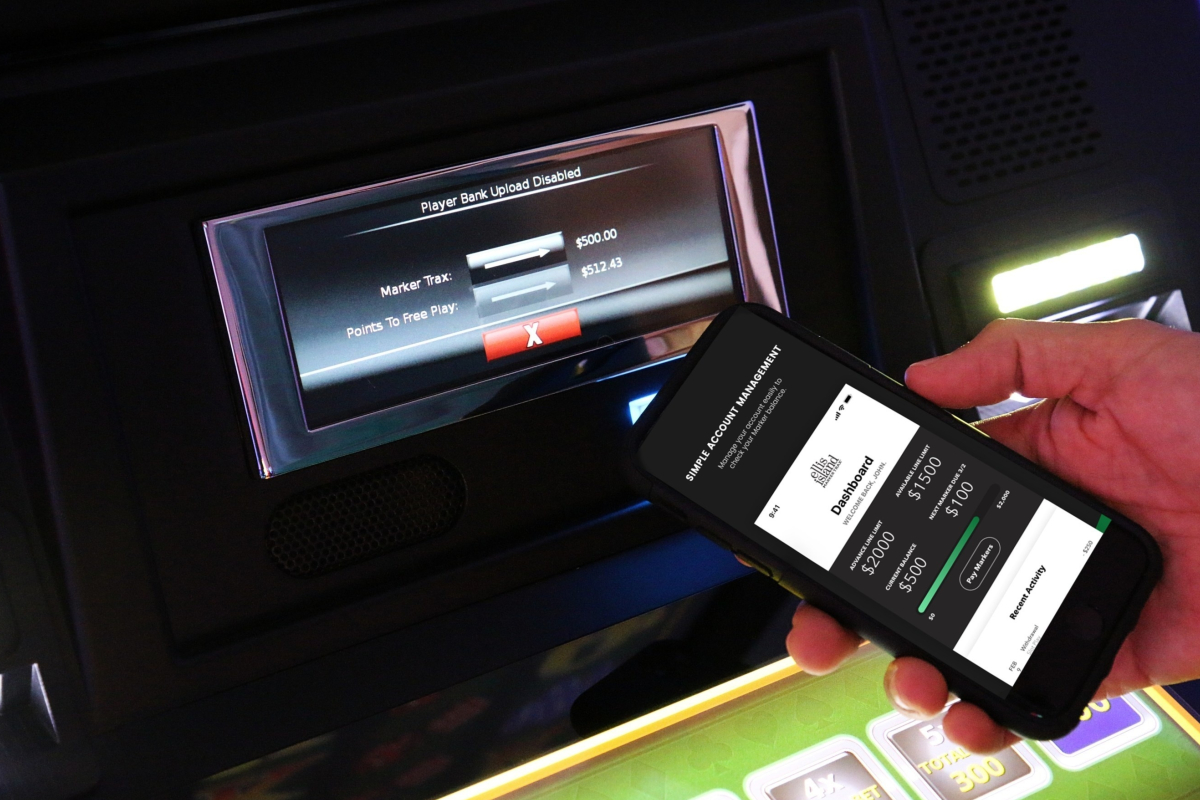
Veteran Gaming Executives Form Assure-Bet, A Consulting & COVID-19 Compliance Group
In an effort to move the industry forward, veteran gaming executives Perry Stasi and David Schugar have launched Assure-Bet, LLC, which will identify, qualify, and deploy products and best practices designed to help keep both players and employees safe from viruses and contagions.
During the industry-wide COVID-19 lockdown, Stasi and Schugar spent several months researching and developing comprehensive operational protocols for the gaming industry that can now be used as an overlay for existing protocols or to address serious gaps in the policies and procedures currently being implemented by operators. Assure-Bet refers to its health protocol set as: BIO-MICS (for Bio-Integrity: Maximum Internal Control Standards).
“The protocols started off as ‘safety first’ list of guidelines for the Table Games Dept. that evolved into a property-wide plan. Our mindset began with the assumption that everyone in the casino could be COVID positive and asymptomatic,” says CEO Perry Stasi. “Adopting this unique philosophy and trying to offset the associated bio-threats with firm guidelines, would serve as a strong confidence builder for both employees and customers returning to the new norms of the gaming industry.”
In making the announcement, COO David Schugar added to the company formation announcement, that Assure-Bet has also been scientifically evaluating virus-killing and sanitizing devices, software programs and apps for employee safety that can incorporate testing as well as for social distancing-ticket sales in entertainment venues and plastic products that can bolster safety while also adding to customer service efforts.
“We consider several factors we feel will be important to operators, such as bio-integrity effectiveness, operational efficiencies, and mitigation of liability, and we will be announcing the endorsement of several products in the very near future,” he said. “Assure-Bet is, in some degree, a response to the lack of clearly defined bio-integrity standards between and within gaming jurisdictions.”
Stasi added, “The great thing about our strategy is if the industry adopts our philosophy and products, we expect casinos may not have to close down again because of an outbreak of any contagion in the future or perhaps a false alarm in the Fall or if someone tests positive within their property.”
About A
ssure-Bet:
Assure-Bet, LLC Principals Perry Stasi and David Schugar started as dealers over 40 years ago and rapidly worked their way up the chain as gaming executives. The former execs have also invented and sold proprietary games including Fire-Bet and Casino War. In addition, they were owners of VisuaLimits, LLC which invented and brought to market dynamic, optical-recognition, smart-terminal-displays for table games. VisuaLimits was sold to NRT in 2017.
SOURCE Assure-Bet LLC












